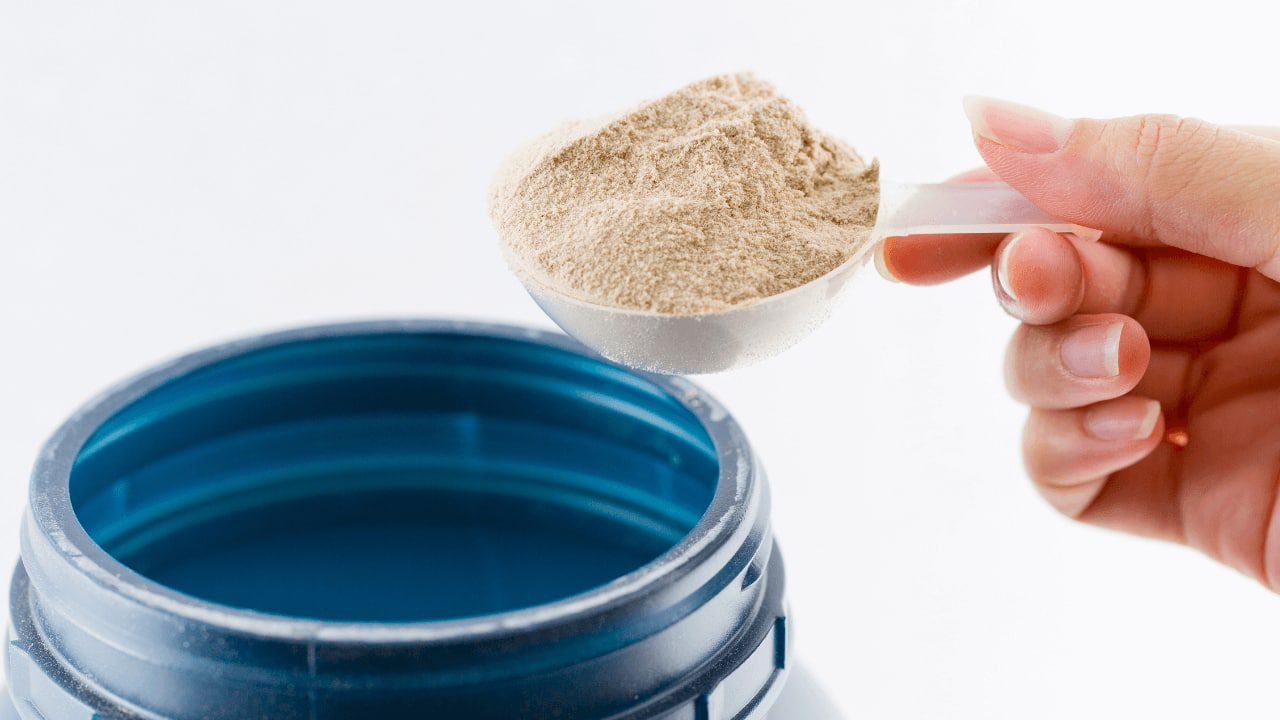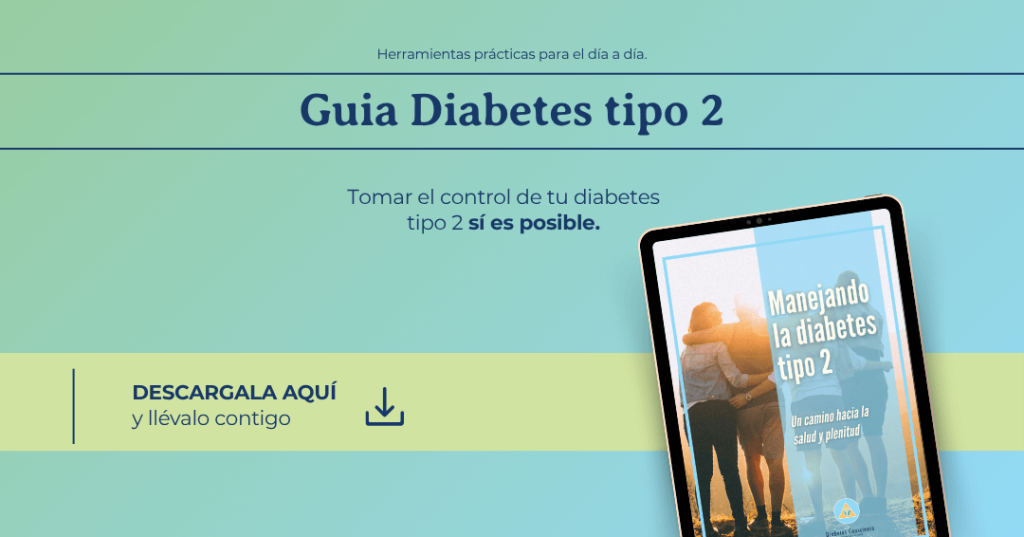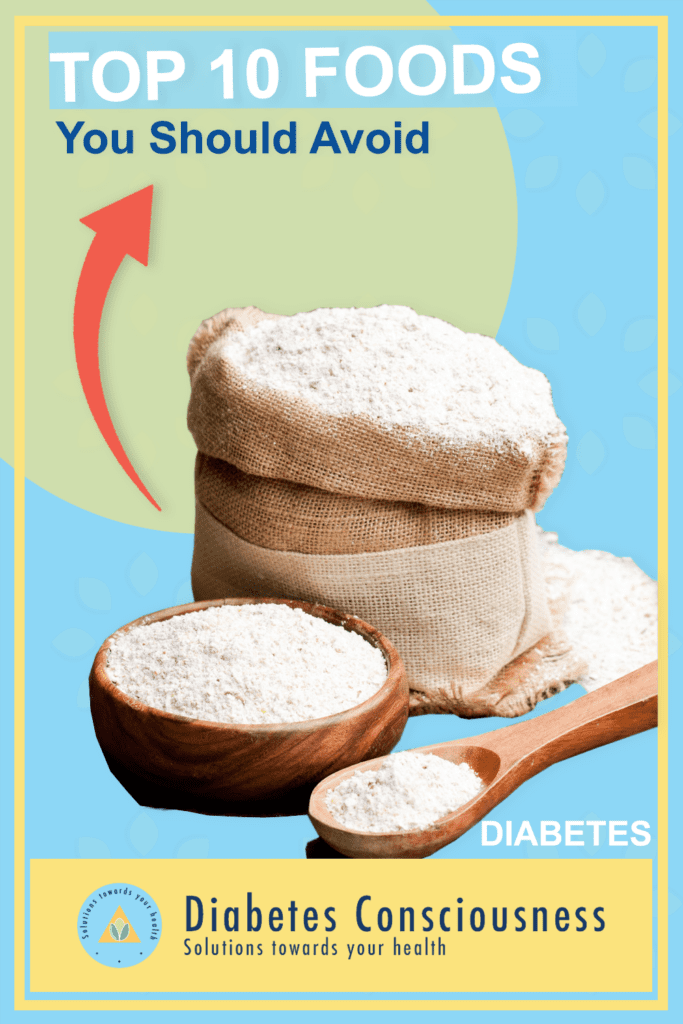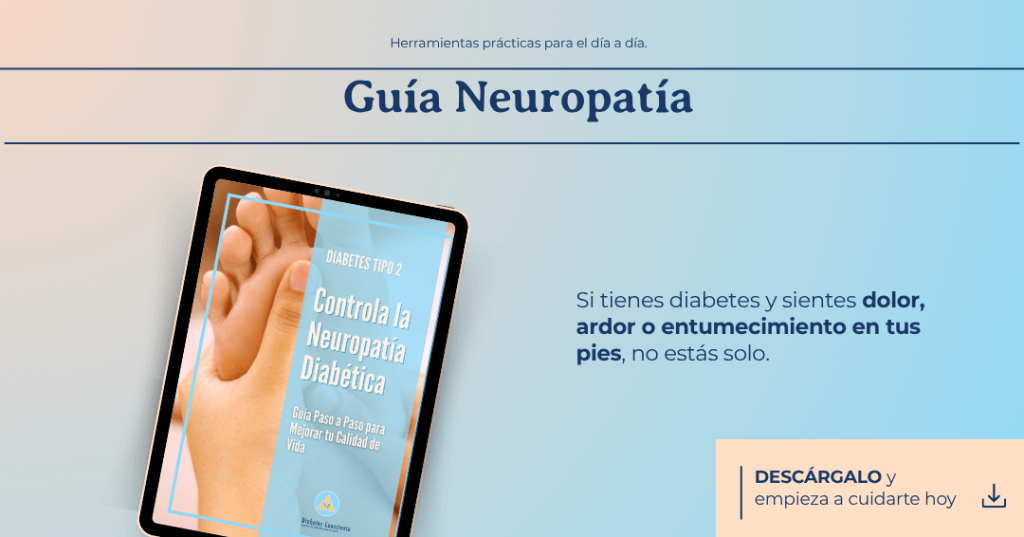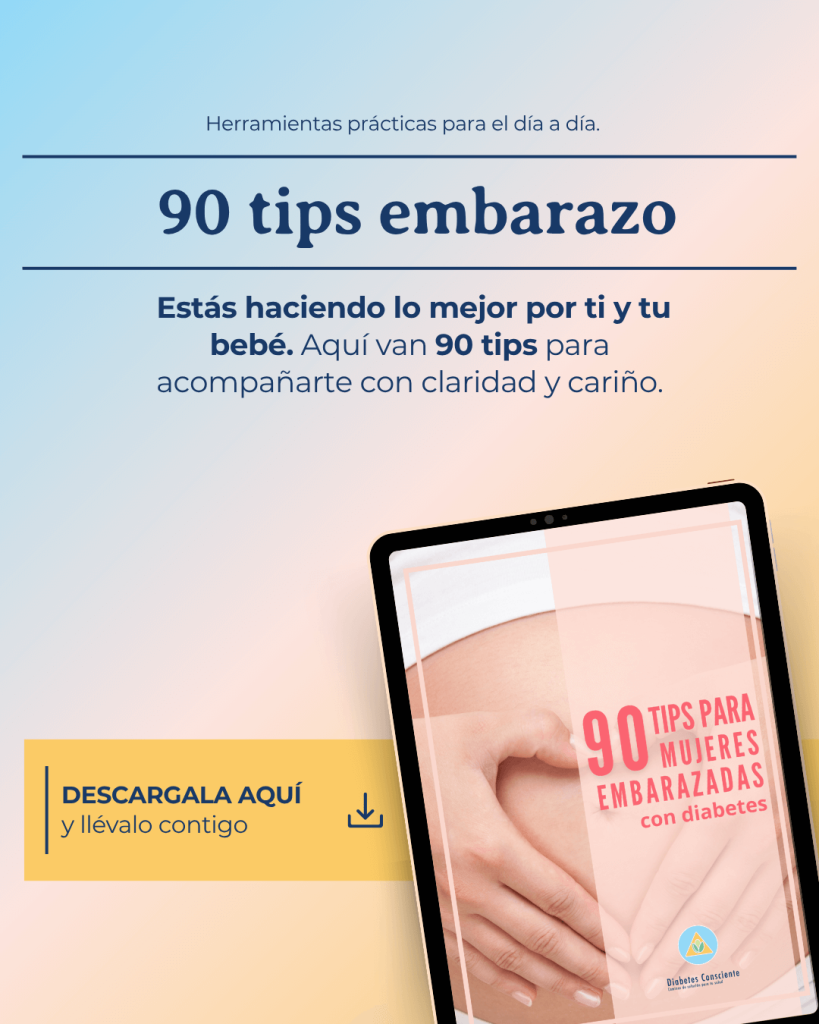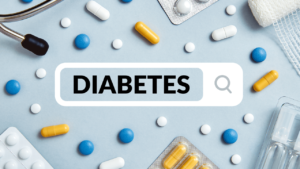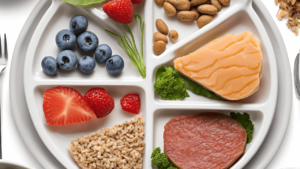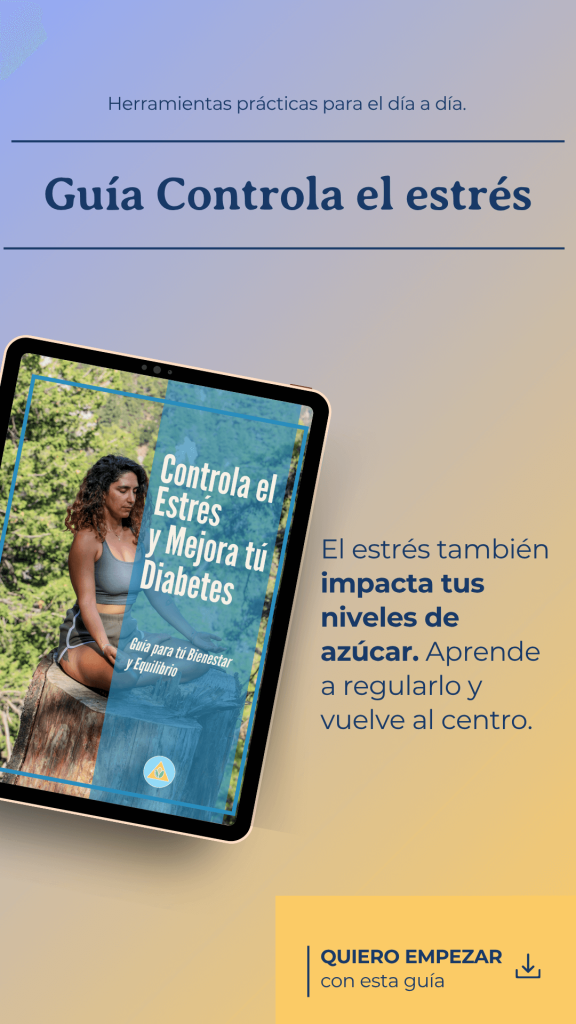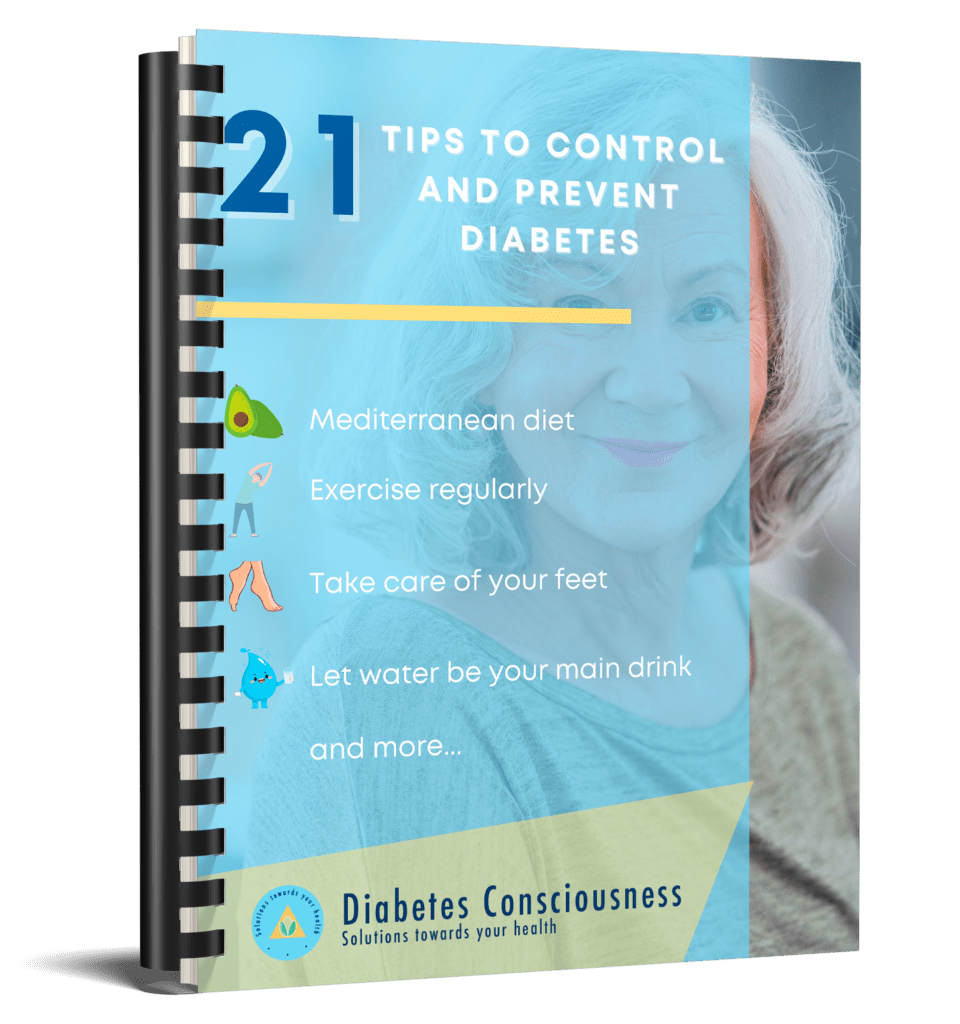
21 tips you should know to live a full and healthy life with diabetes.
Tabla de contenidos
Hi, welcome back to our Blog. Today we want to share something that has happened to some of us in our team, our followers, people worldwide, and maybe it’s happening to you too.
Often, we can get confused about what we should and shouldn’t eat to feel and stay healthy.
Our purpose is to inform our readers interested in developing high standard criteria when choosing and looking for what works better, particularly for them, as individuals and as someone who looks up for their family health.
So the question that comes along is: What should I avoid eating if I have Diabetes?. Because let’s face it, nowadays there are many products that claim to be best for a healthy living.
There are even products that from a standard nutritional point of view are classified as a food or food group that has proven to be “good for you” however, after having eating it, thinking it was the best option, you feel that the symptoms of diabetes don’t improve with diet.
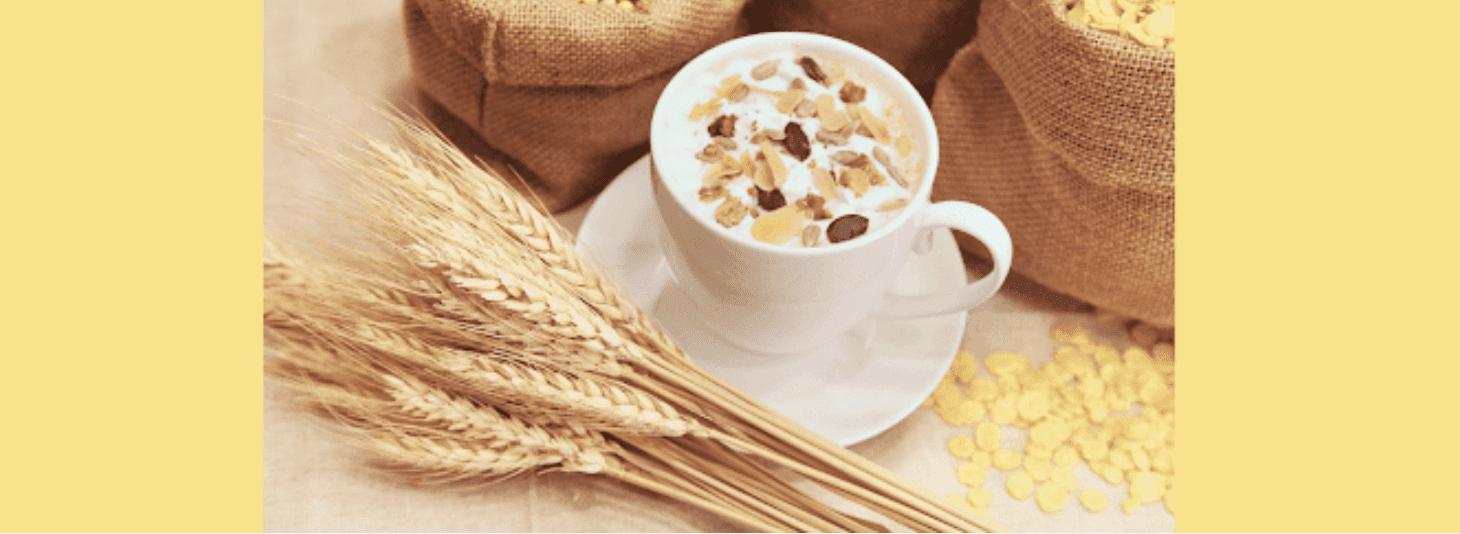
Therefore we want to introduce you a bit to a point of view that addresses nutrition and well-being.
This approach embraces the simple notion that one size doesn’t fit all, focusing on valid information that can help you feel better next time you are choosing your foods.

Sometimes, there’s just too much information that becomes ambivalent, and it is not always accurate nor specific.
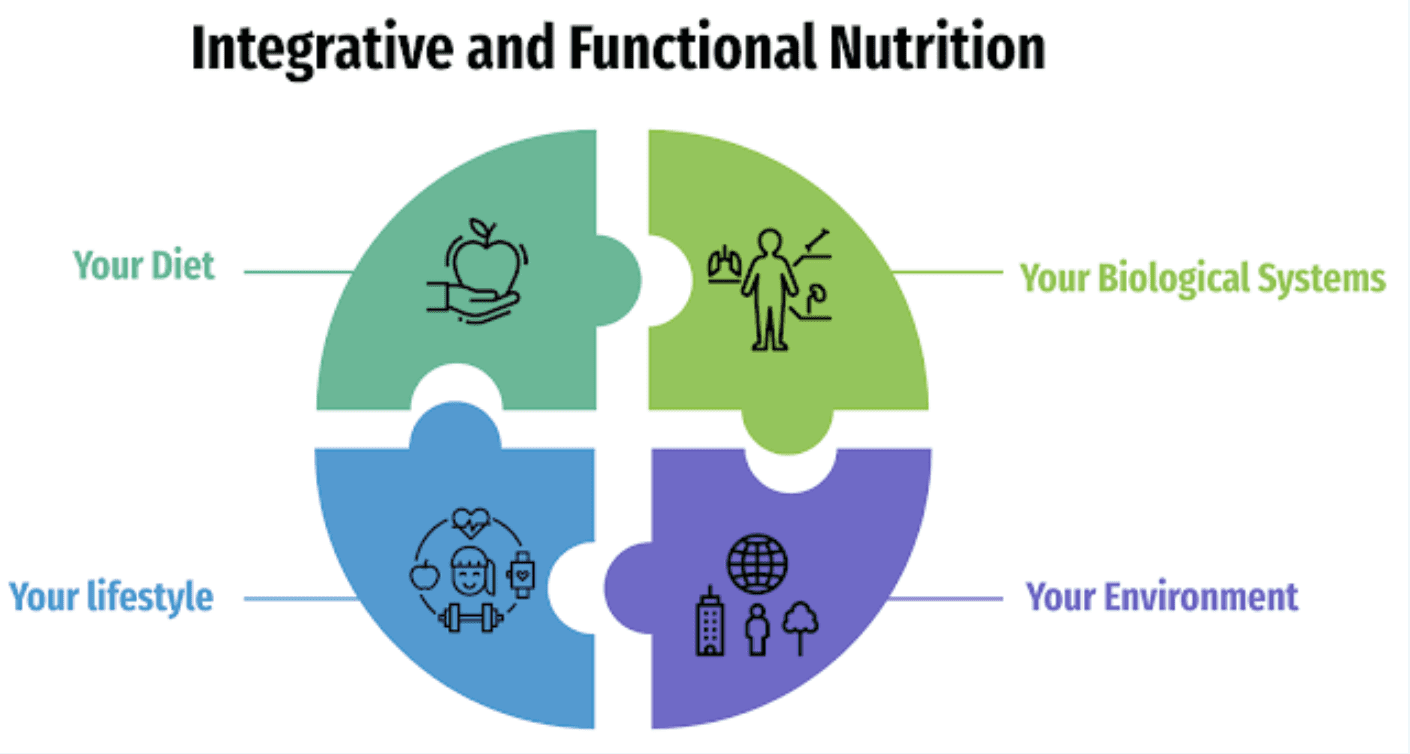
For this article, we have reviewed the recommendations and research results that Integral health professionals are using in their consultations with people with blood sugar disorders, especially those who are diabetic.
We will tell you specifically about 10 foods that are considerer “suitable for the diet”, still nature, and the effect they can produce on human biochemistry can significantly after an eating plan made by and for people with blood sugar disorders.
Functional Medicine informs and educates those patients who do not understand why their diet plans do not give the expected results.
Let’s see then which are the “10 foods that a person who has problems with blood sugar or Diabetes should avoid” :
Artificial and/or natural sweeteners
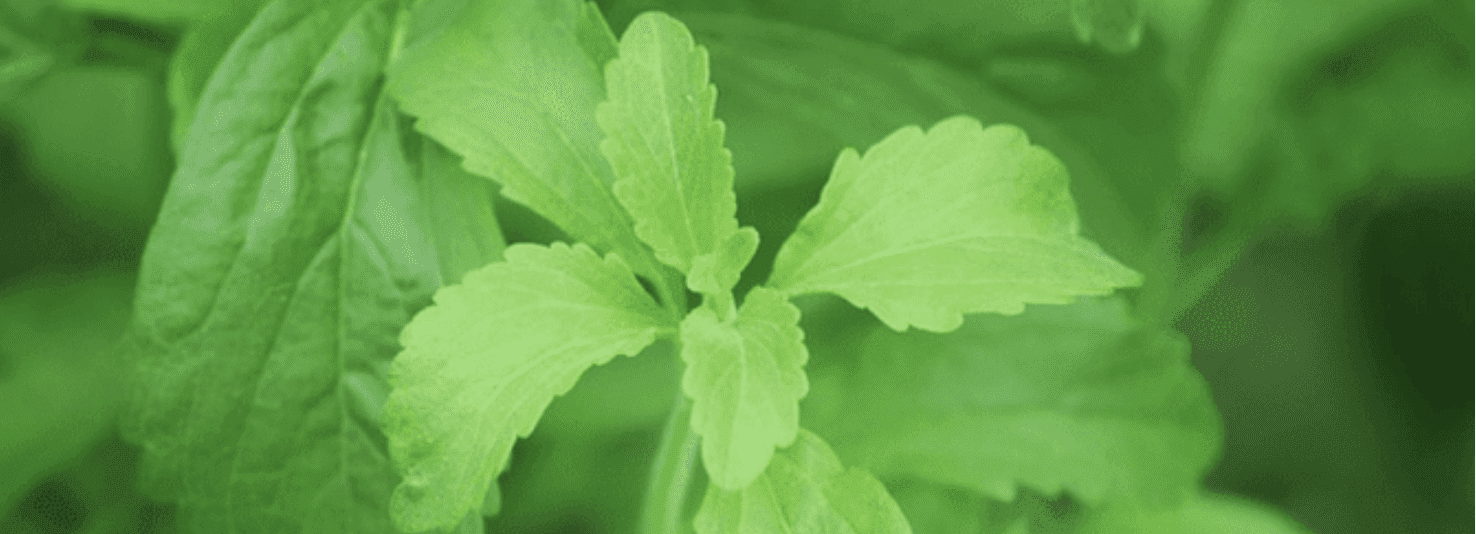
The number one food that a person with blood sugar problems should avoid is sweeteners, both natural and artificial.
Yes, sweeteners do not have calories. No, this is not enough to consider them in a healthy diet for blood sugar issues. Actually, calories shouldn’t be the main thing you should be aware of.
Both kinds of sweeteners carry some substances that can affect your hormones, especially those altered in blood sugar problems and the most commonly affected hormone: Insulin.
If you ask us which sweeteners are the least harmful in our opinion, the answer based on research would be Pure Stevia leaf extracts and Monk Fruit.
These two stand out from others such as Erythritol, Saccharin, Aspartame, Acesulfame potassium or ace-K, and Sucralose.
Also, most artificial sweeteners alter the intestinal flora generating a chronic, slow, imperceptible inflammation in the tissues.
And by increasing inflammations in the body, insulin production is increased. Sweeteners can increase it up to 10 times more than a refined carbohydrate, such as bread.
Trans Fats (sunflower oils, canola oils)
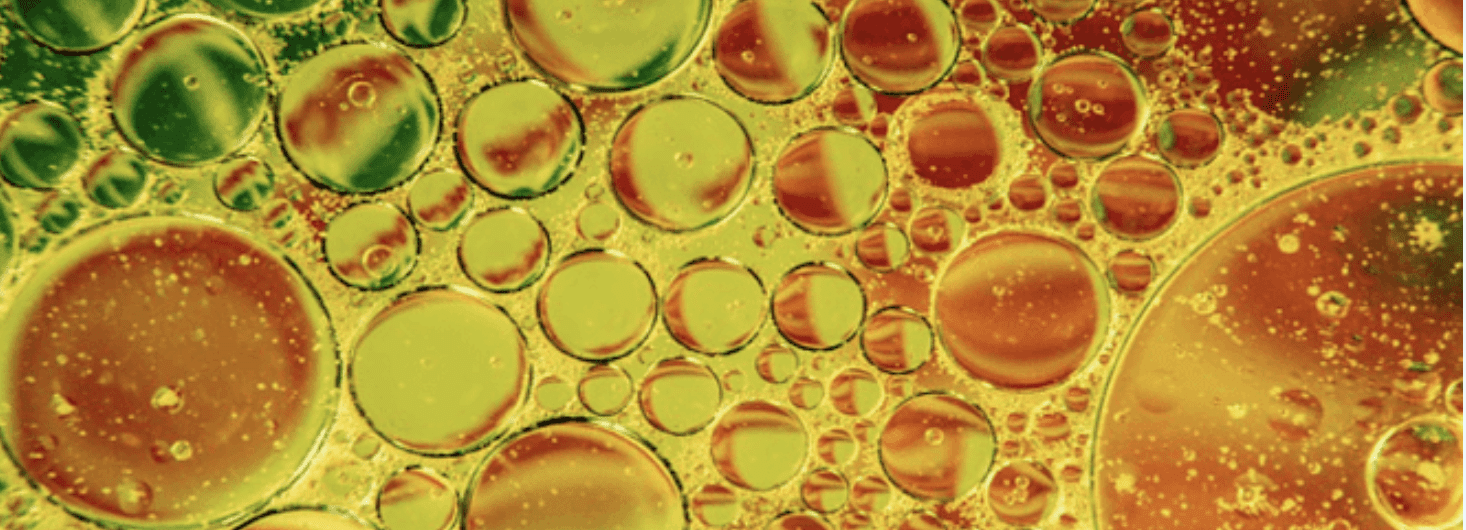
The top second food to avoid on our list for people with sugar problems is trans fats.
With no exception, for the human body, there is not an easy path to eliminate trans fats. When stored in tissues, a state of chronic inflammation is generated and promotes insulin secretion, affecting the condition of Diabetes.
We know it’s difficult to completely stop eating foods with trans fat, so we encourage you to please be aware of your food choices. Even if it says healthy (such as vegetable oils), the goal is to eat as little trans fat as possible.
Trans Fats can be found in sunflowers oils, canola oils, and other popularly commercial oils. The choice of oils such as olive oil and coconut oil is recommended, which are more suitable because they help better control blood sugar.
Flours (wholemeal flours, wheat flours)
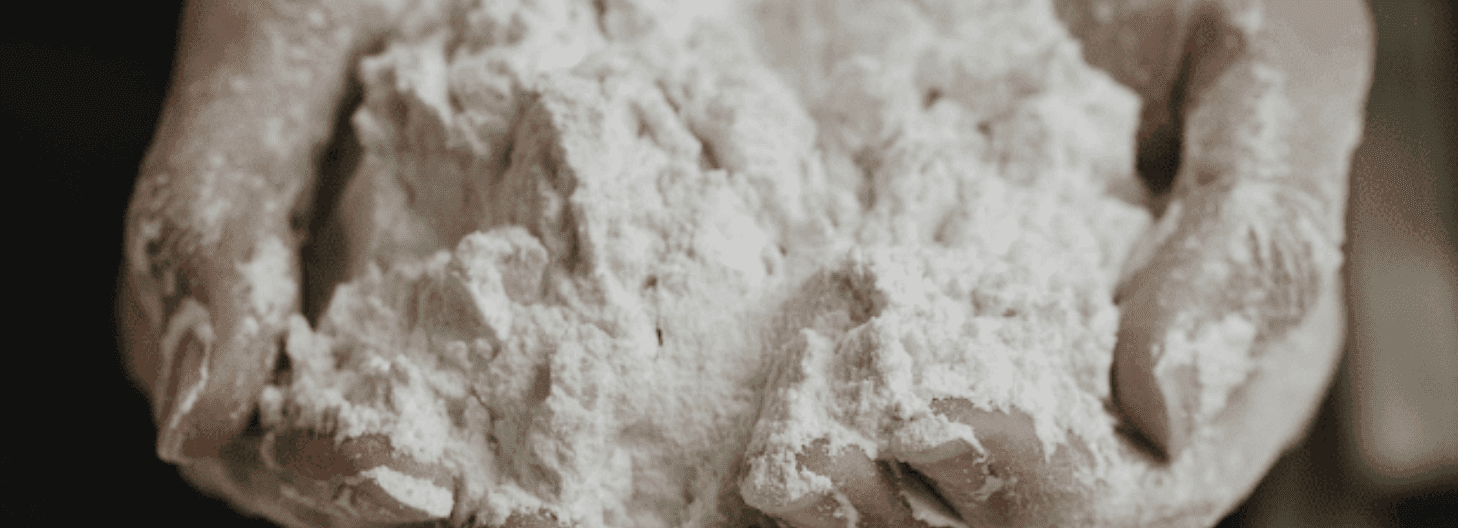
The problem for people with blood sugar disorders are not the grains or the seeds themselves, but their consumption in the form of flours. Due to their biochemical processing in the body, flours have a very high capacity to demand insulin.
The label Gluten-free (as in free of white wheat flour) has become prominent in many scenarios, especially for Diabetes. However, if blood sugar spikes are a focal awareness in your daily experience, we would like to expand a little bit more about the prevention towards all flours, including wholemeal flours.
Flours raise glucose levels faster than other foods. And although whole wheat flours, such as rice and other seeds or grains, do not contain gluten (a condition that can favor the intestine heath), gluten-free flours don’t mean they do not promote the rapid increase of glucose in the blood.
Whey Protein
Whey protein comes from milk. It’s made from the liquid that separates from the curds during the cheesemaking process.
Even though the consumption of protein is recommended by all medical experts, this food specifically, which contains a notorious good proportion of protein, may not be suitable for diabetics due to its high content of Leucine an amino acid important for creating muscle mass, which given dedicated diet studies, it has been shown to increase the sugar in the blood and insulin more than any other amino acid.
Furthermore, comparative studies between Whey Protein and flour biscuits have shown that this protein can raise insulin up to 10 times higher than sweet biscuits. We are not saying sweet biscuits are better or healthier, though Whey Protein may not be the best choice to consume for people with blood sugar disorders.
Dairy

Dairy products have given a lot to talk about. Even though they provide benefits to some, others can’t even tolerate it literally due to their bodies’ heavy reactions.
What happens with Dairy products is that they have a protein called Casein which has been linked to inflammation, specifically on the digestive tissues. This reaction can become chronic due to the substantial effort intestinal enzymes have to make to assimilate casein.
This causes important alterations in the assimilation of food during the digestive process. On and on, this can develop as intestinal permeability, and when people are diagnosed with it, it has been regularly associated with chronic allergies or chronic acne.
The exact same chronic inflammation has also been associated with causing insulin to rise over time is related to metabolic problems such as high blood sugar disorders and other associated diseases.
Breakfast Cereals
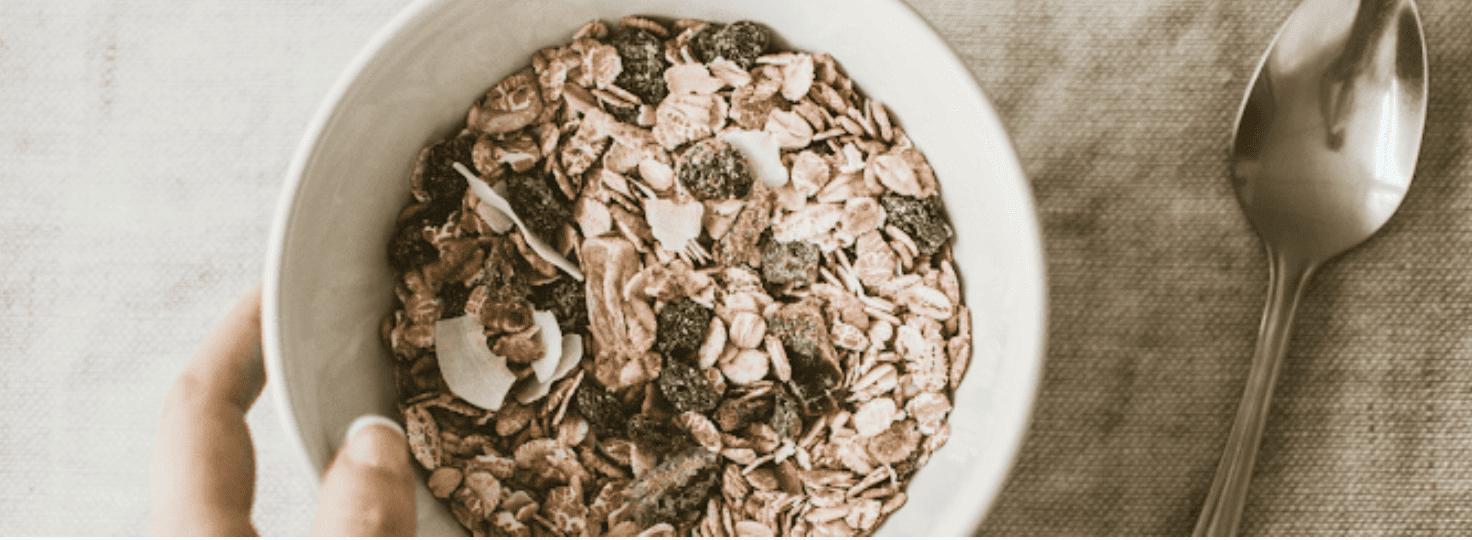
Conventional cereal boxes, granola, mueslis, etc., although they are commercialized as healthy, whole grain, or light cereals, neither of them are suitable for feeding people with blood sugar problems.
The vast majority of boxes cereals increase insulin because grand amounts of sugars are integrated into their components.
It is more advisable to make your own muesli with oats, seeds, nuts, maybe trying some spices such as cinnamon, ginger, or nutmeg. There are plenty of homemade recipes for good and natural granola with real ingredients; we suggest you give it a try to replace commercial cereals.
Instant Coffee mixes

The “advantages” of instant coffee mixes could obviously be the speed of preparation and also the fact that many of them say they are sugar-free. So why should someone with sugar blood disorders should avoid drinking this innocent coffee?
Well. these mixes, despite being sugar-free, offer special ingredients that work as the natural sweetener (some even from natural sources such as mushroom powder) or just different types of artificial sweeteners that, as we mentioned before, aren’t as good as told, especially for those with blood sugar issues.
Instant coffee mixes tend to have either natural or artificial ingredients to make a sweet flavor of it. Research’s results have shown that both have regularly linked to raise blood sugar levels and increase insulin production and/or inflammation on body tissues.
Honey and Syrups
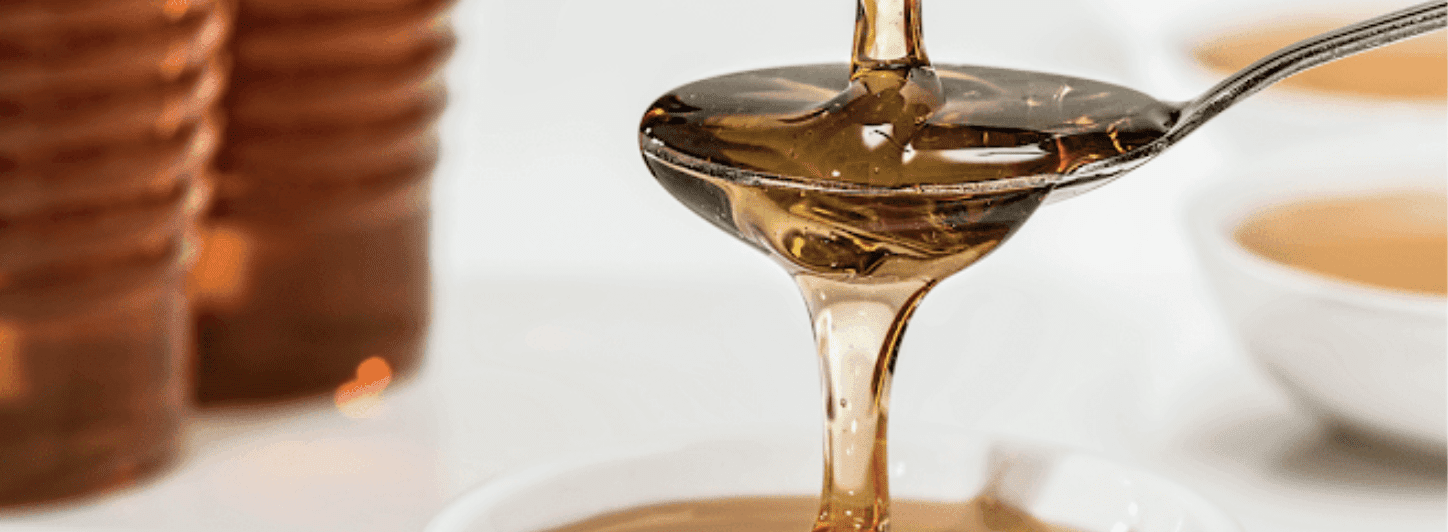
The most common honey comes from our friends the bees, and real maple syrup, very known from Canada, its famous because of its richness and flavor from the maple tree, but there are numerous other types of honey and syrups, all from natural sources, the list gets bigger especially now that organic markets are becoming very trendy, and we can say it, they are actually pretty good with all their natural products.
However, it is very very important not to forget that any type of honey and syrup contain fructose and glucose, all in different proportions that will have an effect on blood sugar levels.
The concept of any product being natural comes across as something beneficial for the body, so you may think using a little bit of natural honey or syrup to replace refined sugar it’s ok, it won’t hurt, as a matter of fact, it actually has favorable qualities, and yes this is all accurate but we are here to remind you of the presence of the sugar molecules that these honey and syrups have.
Dried Fruits
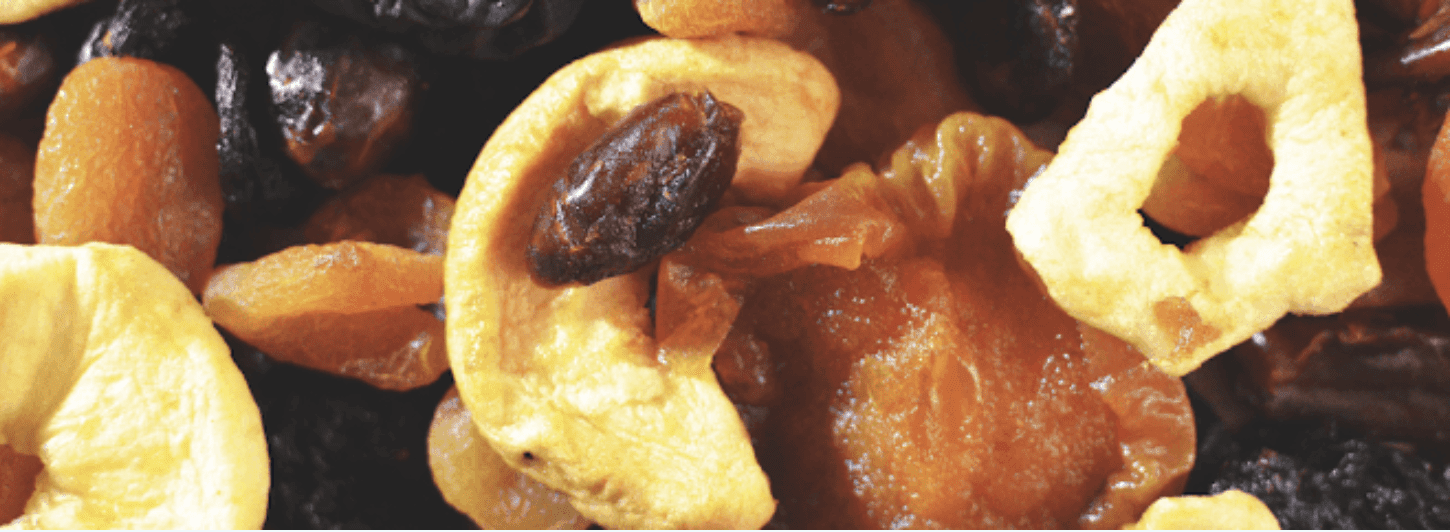
If you have diabetes or sugar problems, eating dehydrated fruit snacks is not recommended due to the higher content of glucose.
When a fruit is dehydrated it loses moisture and other properties, but at the end, it concentrates a large part of its carbohydrates inside the fruit. If we could visualize it in our head, just to get an idea, a dehydrated plum reaches the glucose concentration of 10 natural plums.
Fruit Juices
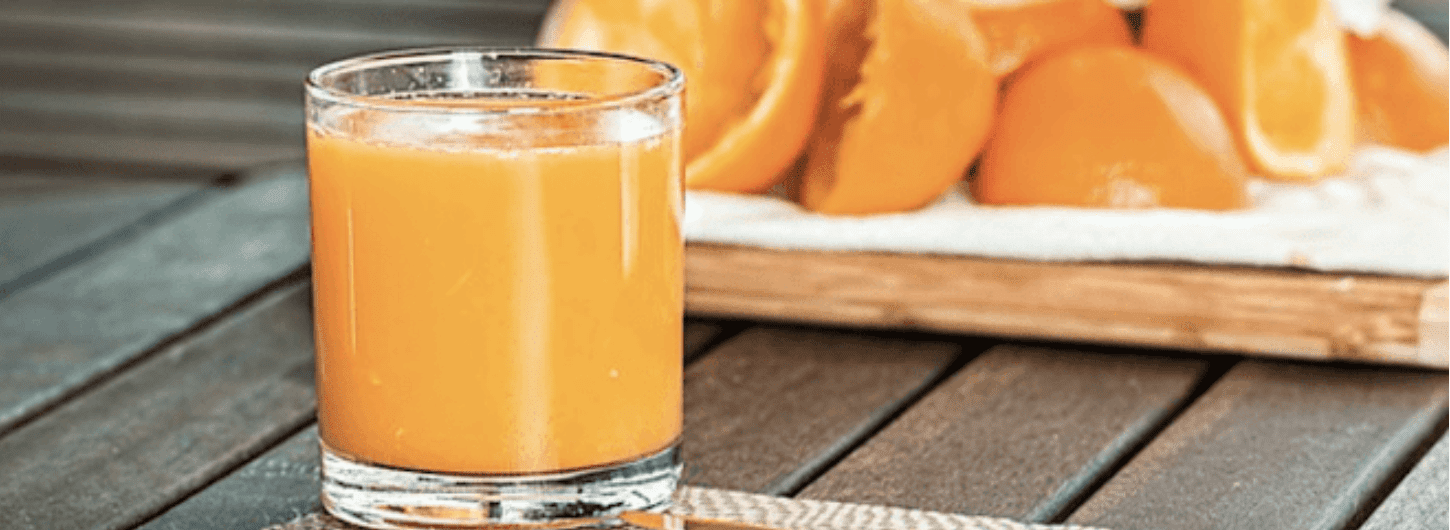
Commercial fruit juices are made with pure fructose to sweeten them so the brand can say it’s sugar-free, nonetheless, this fructose isn’t adequate for people with blood sugar disorders given the fact that this substance can rapidly increase blood sugar levels.
Additionally, fruits juices usually lose the natural fiber of the fruit which is very healthy, and after being blended so it can be nicely poured as juice, the blending reaction increases the concentration of fructose which can provoke a negative effect on the metabolism.
Information like this is increasingly known and accepted by patients and people who seek healthy eating. Food paradigms are also evolving toward better and more mindful eating.
MORE VIDEOS:
Type 2 Diabetes Definition
TOP PLAYLIST:
https://link.diabetesconsciousness.com/diab2-def-playlist—————————————
Reference:
10 Foods to avoid if you have Diabetes or high blood sugar. Conference. Dr. Carlos Jaramillo. Medicine, La Sabana University , Colombia. Biological Medicine, Bosque University, Colombia. Surgery and Clinic Nutrition, Yale University School. Anti-aging specialization, GWU. Functional Medicine, Institute for Functional Medicine,USA.
What Is Functional Nutrition? Institute for Integrate Nutrition – https://www.integrativenutrition.com/blog/what-is-functional-nutrition
Richmond Integrative & Functional Medicine- https://richmondfunctionalmedicine.com/about/what-are-integrative-functional-medicine/

